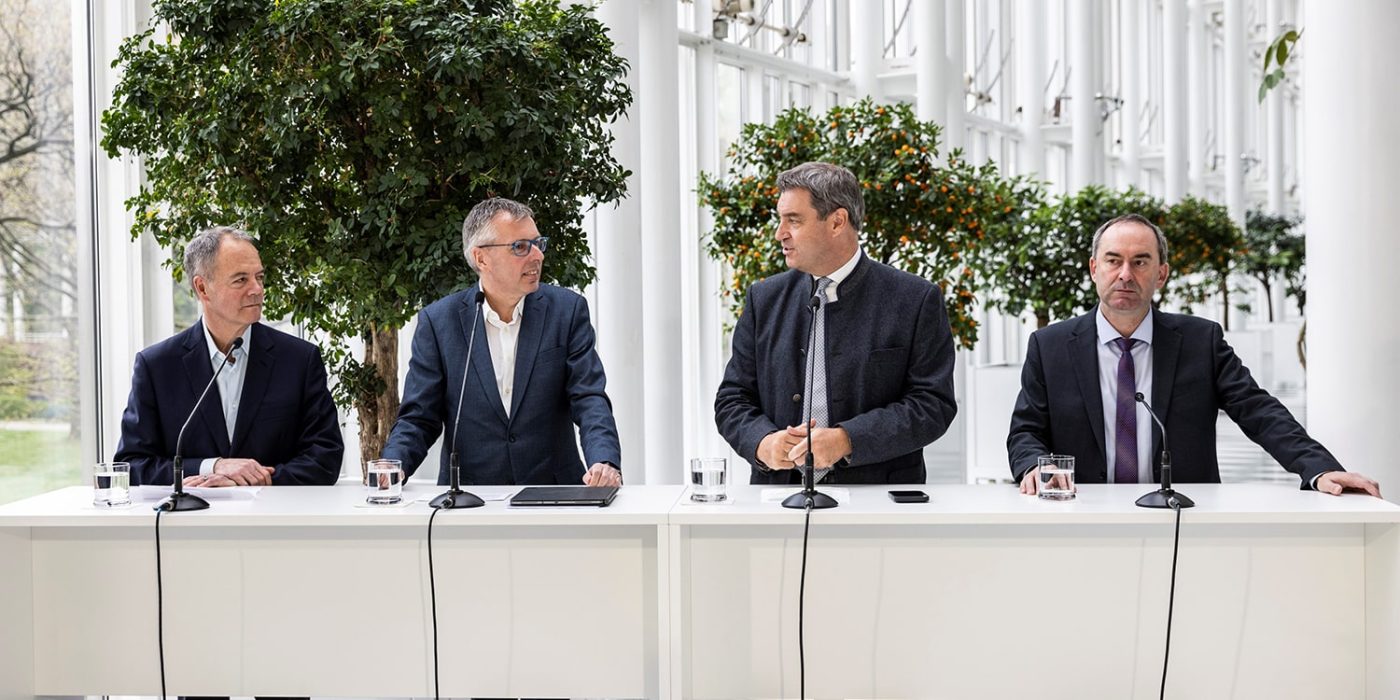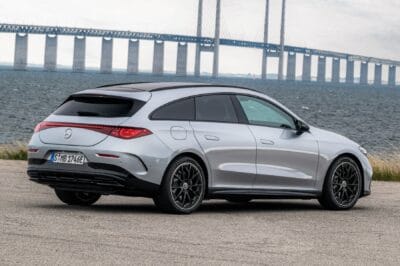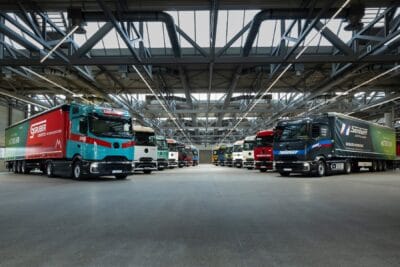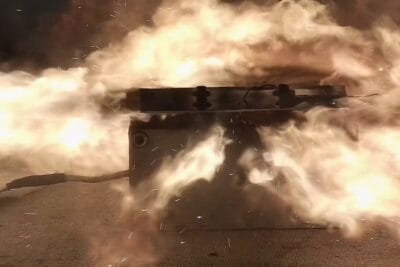Wolfspeed & ZF to build development centre near Nuremberg
Wolfspeed and ZF are planning a joint research and development centre for silicon carbide power electronics in the Nuremberg metropolitan region. The development site is to complement the planned silicon carbide chip factory in Saarland – but like the factory, it is still subject to an important proviso.
The new facility is supported by the German government and the Bavarian state government. Like Wolfspeed’s planned silicon carbide chip factory in Ensdorf, Saarland, in which ZF has a financial stake, funding for the new R&D centre is still subject to approval under the EU’s Important Project of Common European Interest (IPCEI) programme. The prior approval of the competent authorities, in particular the antitrust authorities, is also required.
According to the ZF release, work in the Nuremberg metropolitan region is to begin as soon as the IPCEI funding approval for both projects is received, which is expected to happen later this year. The declared aim of the two companies is to develop the development centre together with the factory “into the hub of a European silicon carbide network”.
At the development centre, ZF and Wolfspeed want to “significantly improve” the technology with regard to system design, module structure and production processes. Silicon carbide systems, products and applications are to be developed there that cover the entire value chain from module to complete system, thus significantly shortening the time to market.
Applications beyond EVs
However, the focus is not only on the use of SiC semiconductors in electric cars, but also on applications in commercial, agricultural and industrial vehicles, as well as with the industrial and renewable energy markets. “Wolfspeed’s silicon carbide expertise and ZF’s access to all mobility segments allows for a fast and seamless transition of new technologies,” ZF says.
Exactly what these requirements are for agricultural vehicles, for example, is not mentioned. SiC semiconductors are more efficient than those made of pure silicon, but they are also more expensive – which is why they will probably not pay off for smaller and cheaper passenger cars despite their advantages. What advantages at what cost would be possible for agricultural machinery is an open question. In applications with high energy consumption, SiC semiconductors could show their efficiency – the question is at what price? Officially, the development goals are said to be “improvements such as higher efficiency, higher power density and higher performance of electrification solutions”.
“The research center is of outstanding importance for the energy and mobility transition in the EU and supports the strategic goals of Europe,” says Holger Klein, CEO of ZF. “In addition, optimizing Silicon Carbide technology advances industrial transformation and strengthens the independence of European supply chains.”
“This research facility further strengthens our partnership with ZF and underlines our long-term commitment to turn our unique know-how from more than 35 years of experience in Silicon Carbide power electronics into state-of-the-art solutions for our industry partners,” comments Wolfspeed CEO Gregg Lowe.





0 Comments